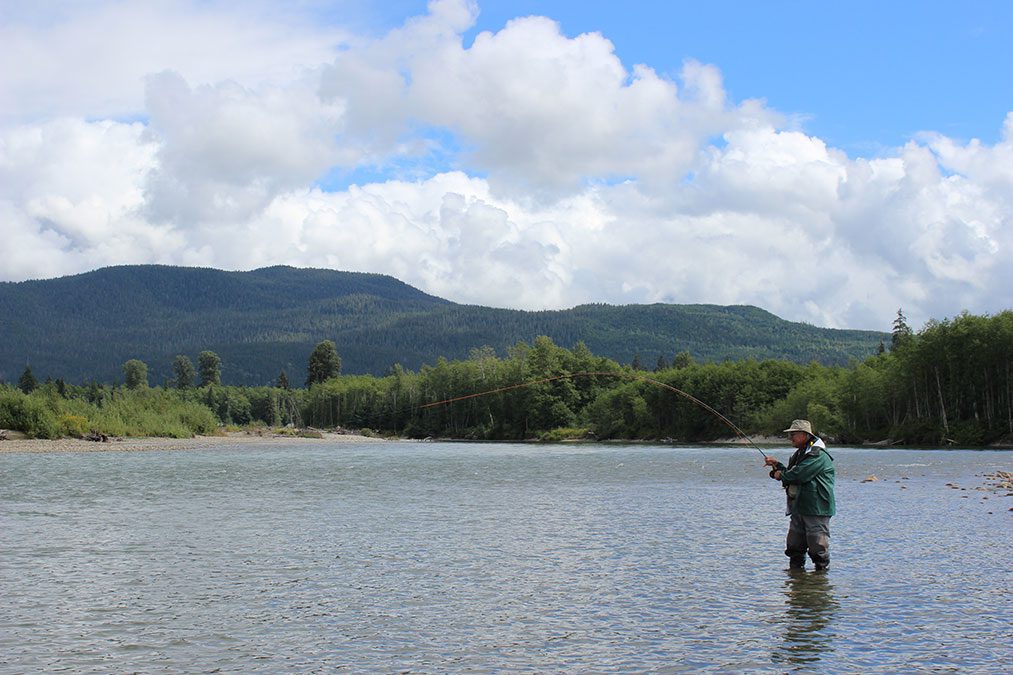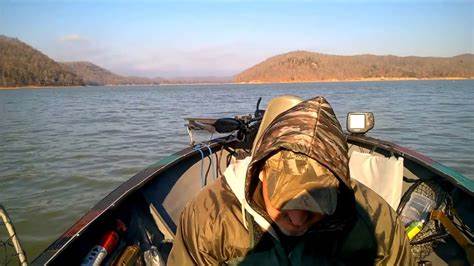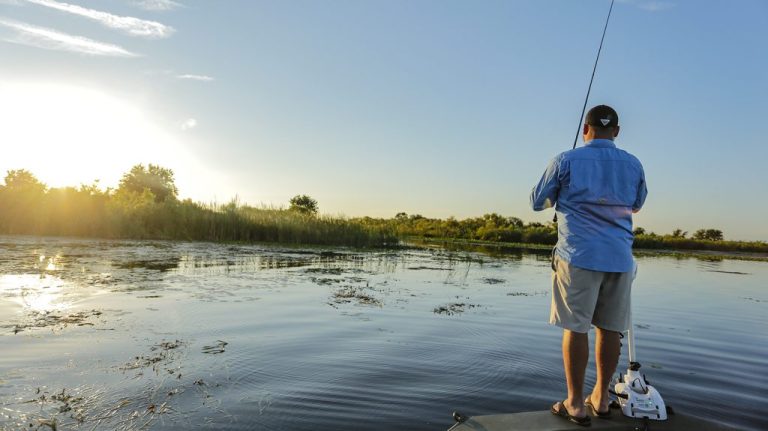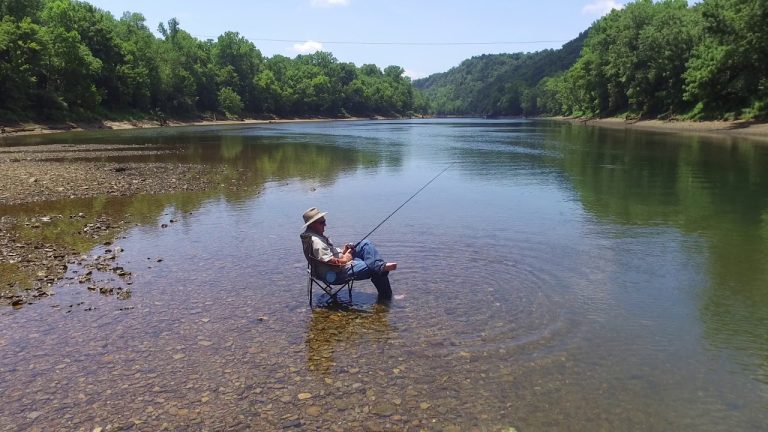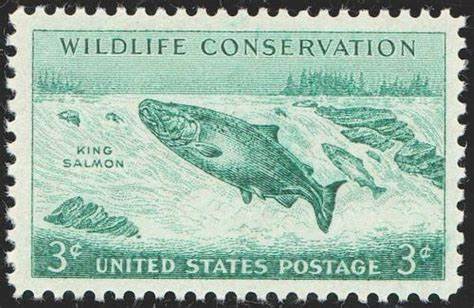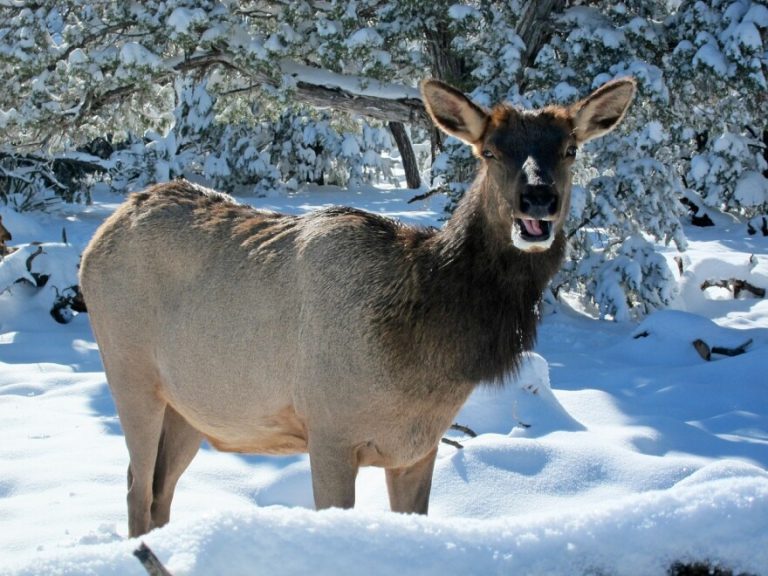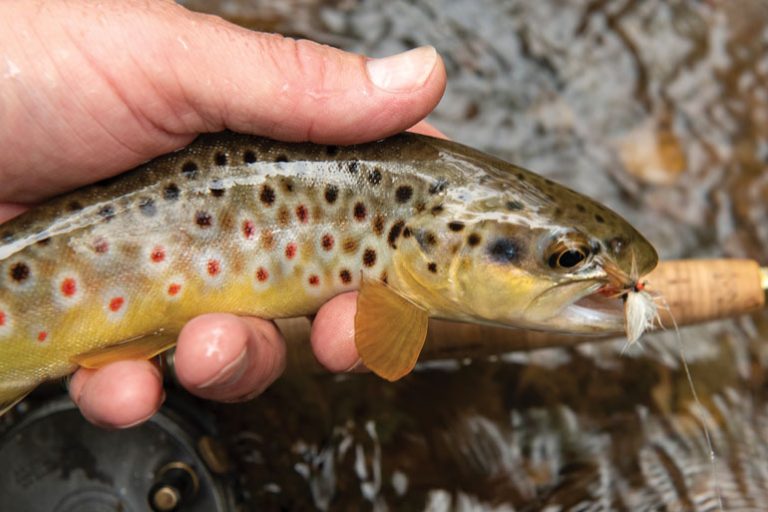Alaska, often referred to as “The Last Frontier,” is renowned for its breathtaking landscapes and unparalleled fishing opportunities. Whether you are an experienced angler or a novice looking to explore the abundant waters of this magnificent state, understanding the fishing license requirements is essential for a successful and legal fishing experience. This guide will provide you with all the information you need about fishing licenses in Alaska, including types of licenses, costs, purchasing methods, and important regulations.
Understanding Alaska’s Fishing License Requirements
Who Needs a Fishing License?
In Alaska, anyone aged 16 years or older must possess a sport fishing license to fish in freshwater and saltwater. This requirement applies to both residents and non-residents. However, there are specific exemptions for certain groups:
Minors: Residents under 18 years and non-residents under 16 years do not require a fishing license but must follow specific regulations if fishing for species with annual harvest limits.
Residents aged 60 or older: They can fish without a sport fishing license but must obtain an ADF&G Identification Card.
Disabled veterans: They may also fish without a sport fishing license if they meet residency requirements.

Types of Fishing Licenses
Alaska offers various fishing licenses tailored to different needs and durations. Below is a breakdown of the licenses available:
| License Type | Description |
|---|---|
| Annual License | Valid for the entire calendar year; ideal for frequent anglers. |
| Short-Term Licenses | Available for visitors or those planning brief fishing trips (1-day, 3-day, 7-day, 14-day). |
| King Salmon Stamp | Required in addition to the sport fishing license if targeting king salmon. |
| Sport Fishing Harvest Record Card | Required for species with annual limits; free for certain residents and disabled veterans. |
Costs of Fishing Licenses
The cost of fishing licenses varies based on residency status and the type of license. Below is a detailed pricing table for both residents and non-residents:
Costs for Residents
| License Type | Cost |
|---|---|
| Annual Sport Fishing License | $29 |
| One-Day License | $13 |
| Three-Day License | $20 |
| Seven-Day License | $30 |
| King Salmon Stamp | $10 |
| Duplicate License | $5 |
Costs for Non-Residents
| License Type | Cost |
|---|---|
| Annual Sport Fishing License | $145 |
| One-Day License | $25 |
| Three-Day License | $45 |
| Seven-Day License | $70 |
| King Salmon Stamp | $15 (1-day), $30 (3-day), $45 (7-day), $75 (14-day), $100 (annual) |
| Duplicate License | $5 |

How to Obtain Your Alaska Fishing License
Acquiring an Alaska fishing license is a straightforward process, with several convenient options available:
- Online Purchase: The quickest method is to buy your license online through the Alaska Department of Fish and Game (ADF&G) website. After completing your purchase, you can print your license immediately.
- In-Person Purchase: Licenses can also be purchased at various physical locations, including ADF&G offices, sporting goods stores, and local businesses that cater to anglers.
- Through Your Guide or Lodge: If you are planning a guided fishing trip or staying at a fishing lodge, many offer the convenience of obtaining your license on your behalf.
Important Regulations and Best Practices
In addition to securing your fishing license, it is crucial to familiarize yourself with Alaska’s fishing regulations. These rules are designed to protect the state’s fisheries and ensure sustainable fishing practices. Key regulations include:
- Catch Limits: Be aware of daily bag limits for each species, which can vary by region and time of year.
- Size Restrictions: Some species may have minimum or maximum size limits to protect certain age classes of fish.
- Seasonal Closures: Certain areas or species may be off-limits during specific times of the year to allow for spawning or other biological needs.
- Gear Restrictions: Regulations may dictate the types of fishing gear allowed, such as hook size, bait, or lure restrictions.
To stay informed about the most current regulations, always refer to the official Alaska Fishing Regulations booklet, available online or at license vendors.

Supporting Conservation Through Licensing
Purchasing an Alaska fishing license not only ensures that you are fishing legally but also contributes to the conservation and management of the state’s invaluable fisheries. The funds generated from license sales go directly to the ADF&G to support critical programs, including:
- Habitat Protection and Restoration: Maintaining healthy ecosystems for fish populations.
- Fisheries Research and Management: Conducting studies to understand fish populations and their habitats.
- Hatchery Operations: Supporting breeding programs to enhance fish stocks.
- Angler Education and Outreach: Providing resources and information to promote responsible fishing practices.
Your license fees play a vital role in maintaining the health and productivity of Alaska’s fish populations, ensuring that future generations can continue to enjoy the incredible fishing opportunities that draw anglers from around the world.
Conclusion
In summary, if you are planning to fish in Alaska, it is essential to understand the licensing requirements. A single Alaska sport fishing license covers both saltwater and freshwater fishing throughout the state, with the exception of king salmon, which requires an additional stamp. Obtaining your license is a straightforward process, with options to purchase online, in-person, or through your guide or lodge.
By securing your fishing license and following all regulations, you will be well-prepared to legally fish in Alaska’s world-class waters while also contributing to the conservation and management of this precious resource. So, grab your gear, purchase your license, and get ready to experience the fishing adventure of a lifetime in The Last Frontier!
Getting Started with Your Alaska Fishing License
To get started on your Alaska fishing license, consider the following steps:
- Visit the Alaska Department of Fish and Game website: ADF&G License Information
- Contact a local fishing guide or lodge for assistance: Many offer services to help you obtain your license.
- Stop by an authorized license vendor in Alaska: Find a local vendor to purchase your license in person.
By following these guidelines, you can ensure a successful and enjoyable fishing experience in Alaska. Happy fishing!
Can I purchase my Alaska fishing license online?
Yes, you can easily buy your fishing license online through the ADF&G’s secure website. Visit https://www.adfg.alaska.gov/Store/ to complete your purchase and print your license immediately.
Do I need a separate license for saltwater fishing in Alaska?
No, an Alaska sport fishing license covers both saltwater and freshwater fishing throughout the state.
What if I want to fish for king salmon in Alaska?
If you plan on fishing for king salmon, you’ll need to purchase a separate king salmon stamp in addition to your sport fishing license.
How long is my Alaska fishing license valid?
The validity of your fishing license depends on the type of license you purchase. Annual licenses for both residents and non-residents are valid for the calendar year, expiring on December 31st. Non-resident short-term licenses (1-day, 3-day, 7-day, and 14-day) are valid for consecutive days from the date of purchase.
Do I need to carry a physical copy of my fishing license while fishing in Alaska?
While you can store a digital copy of your fishing license on your phone, it’s always a good idea to carry a printed copy as a backup. This ensures that you can still provide proof of your license if your electronic device malfunctions or runs out of battery.
What should I do if I lose my Alaska fishing license?
If you misplace your fishing license, you can easily obtain a duplicate license for a small fee. Duplicate licenses can be purchased online, at license vendors, and ADF&G offices.
How do fishing license fees support conservation in Alaska?
100% of fishing license fees go towards conservation efforts, including habitat protection, fisheries management, hatchery operations, and angler education. By purchasing a license, you directly contribute to maintaining healthy fish populations in Alaska.



